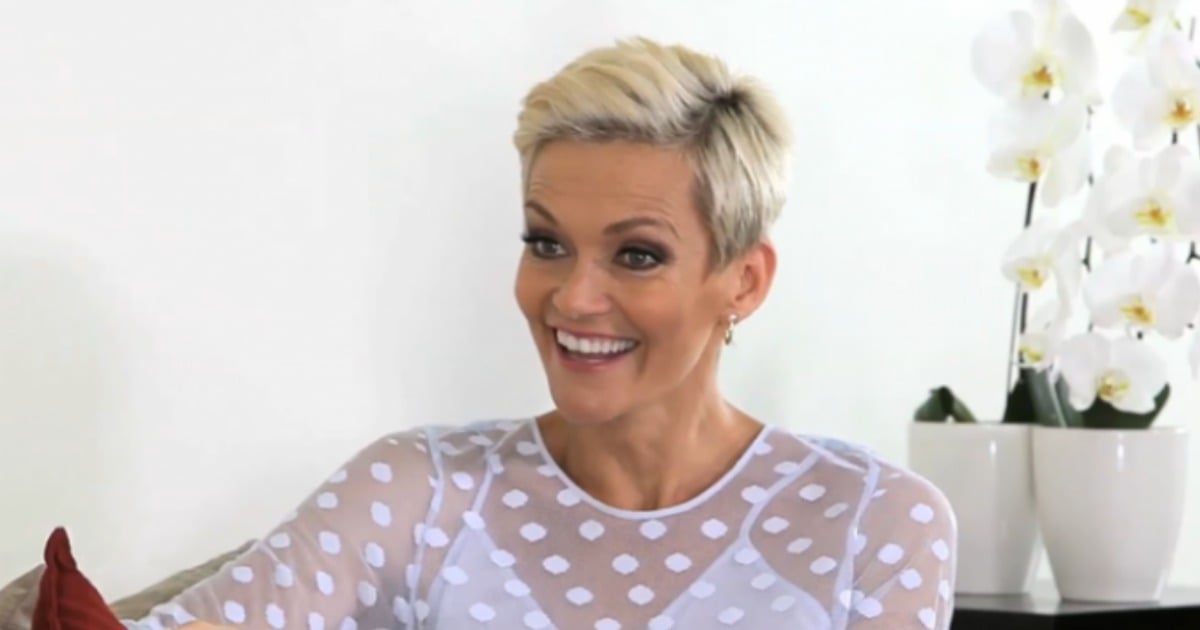It was probably around the time that parenting became a verb that it became harder than it was meant to be.
When parents began to overthink it and over analyse it.
When we began to google it and label it. Probably around the time we began to second-guess ourselves that it began to make us miserable.
Miserable? This wonderful experience of raising children we are meant to be so grateful for.
That’s exactly what a new study in the Child and Family Blog has found.
“There may be a link between what are regarded as the best parenting practices and more miserable motherhood,” Professor Almudena Sevilla says.
Those of us who are using these so-called “best parenting practices” are parenting ourselves into the ground, as opposed to those who are just raising kids.
Her study has proved what many of us have long suspected, the more intensively you focus on whether you are parenting “right”, the more you focus on intensive child-centric motherhood, the unhappier you will be.
These parenting skills involve "lots of conversation, reasoning and intellectually stimulating activities such as reading and support with play and homework.” Via iStock.
Prof Sevilla found that better educated mothers are the ones who tend to parent intensively and in studies they have consistently reported lower levels of well-being when caring for their children.
Better-educated mothers spend more time with their children than ever before and all this extra time isn’t making them happier – on the contrary it’s making them miserable.
“In the US, even after controlling for a wide set of socioeconomic characteristics, women with less than a high school degree spend about 12 hours per week providing child care, while college-educated women spend 16 hours. In most advanced economies, mothers in general increased their time with children from about one hour per day in the 1970s to about twice that much by 2010,” Prof Sevilla said.





























































































